 |
Acts_1972_268.ASC |
 |
1 Pages 1-10 |
▲back to top |
 |
1.1 Page 1 |
▲back to top |

 |
1.2 Page 2 |
▲back to top |

 |
1.3 Page 3 |
▲back to top |

 |
1.4 Page 4 |
▲back to top |

 |
1.5 Page 5 |
▲back to top |

 |
1.6 Page 6 |
▲back to top |

 |
1.7 Page 7 |
▲back to top |

 |
1.8 Page 8 |
▲back to top |

 |
1.9 Page 9 |
▲back to top |

 |
1.10 Page 10 |
▲back to top |

 |
2 Pages 11-20 |
▲back to top |
 |
2.1 Page 11 |
▲back to top |

 |
2.2 Page 12 |
▲back to top |

 |
2.3 Page 13 |
▲back to top |

 |
2.4 Page 14 |
▲back to top |

 |
2.5 Page 15 |
▲back to top |

 |
2.6 Page 16 |
▲back to top |

 |
2.7 Page 17 |
▲back to top |

 |
2.8 Page 18 |
▲back to top |
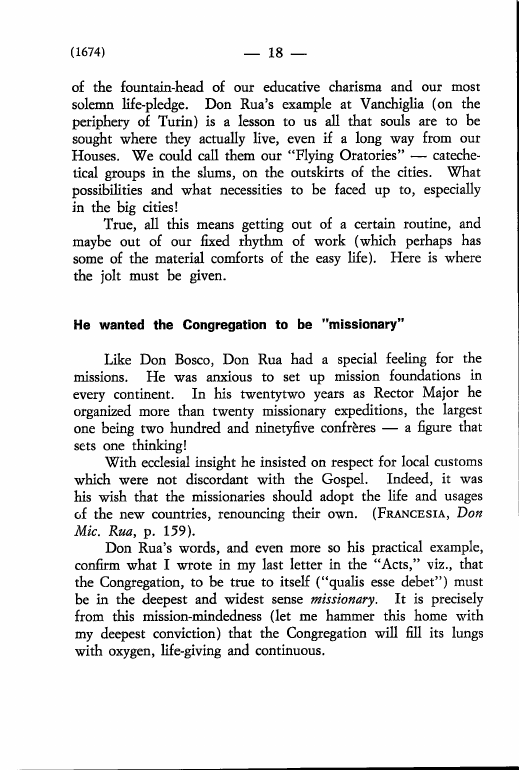
 |
2.9 Page 19 |
▲back to top |

 |
2.10 Page 20 |
▲back to top |

 |
3 Pages 21-30 |
▲back to top |
 |
3.1 Page 21 |
▲back to top |
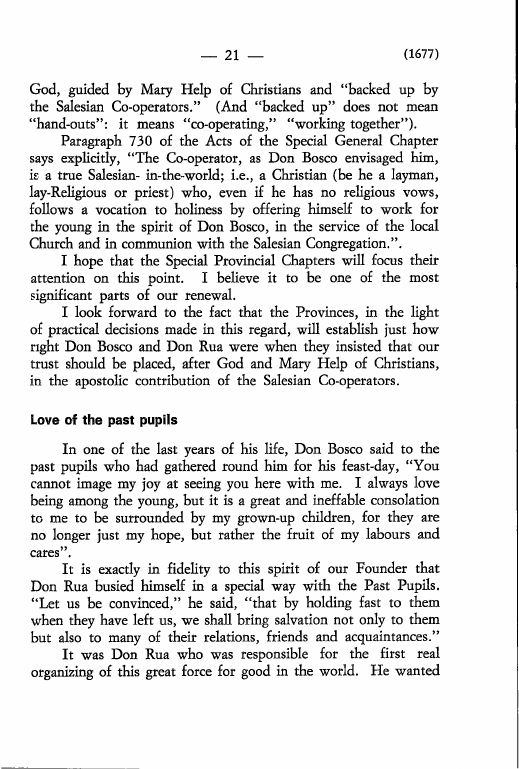
 |
3.2 Page 22 |
▲back to top |
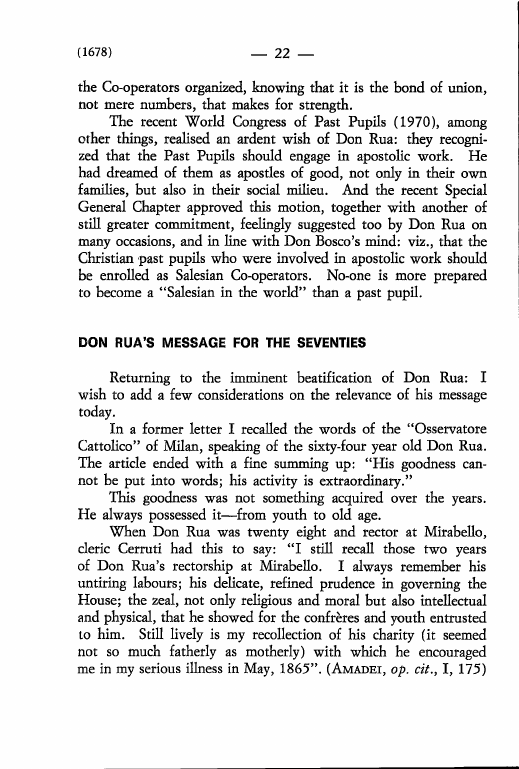
 |
3.3 Page 23 |
▲back to top |
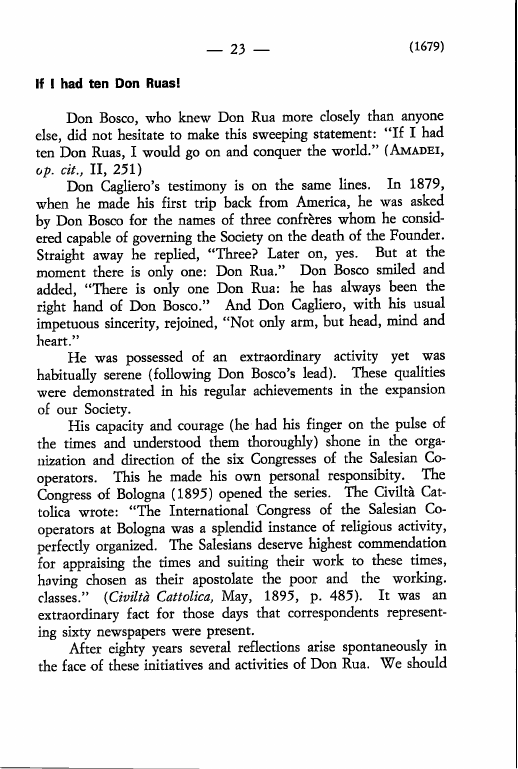
 |
3.4 Page 24 |
▲back to top |

 |
3.5 Page 25 |
▲back to top |

 |
3.6 Page 26 |
▲back to top |

 |
3.7 Page 27 |
▲back to top |

 |
3.8 Page 28 |
▲back to top |

 |
3.9 Page 29 |
▲back to top |

 |
3.10 Page 30 |
▲back to top |
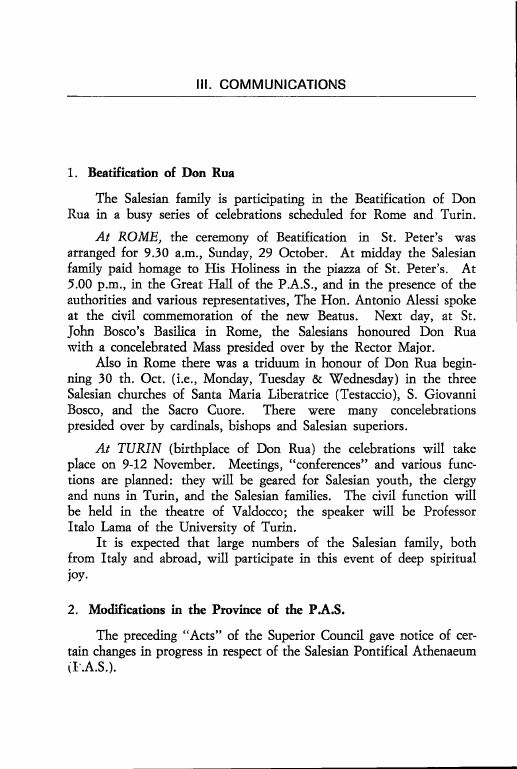
 |
4 Pages 31-40 |
▲back to top |
 |
4.1 Page 31 |
▲back to top |

 |
4.2 Page 32 |
▲back to top |
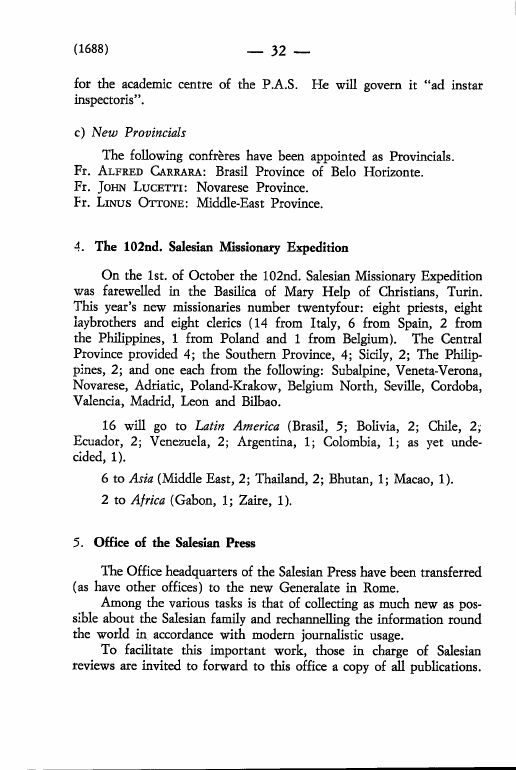
 |
4.3 Page 33 |
▲back to top |

 |
4.4 Page 34 |
▲back to top |

 |
4.5 Page 35 |
▲back to top |

 |
4.6 Page 36 |
▲back to top |

 |
4.7 Page 37 |
▲back to top |
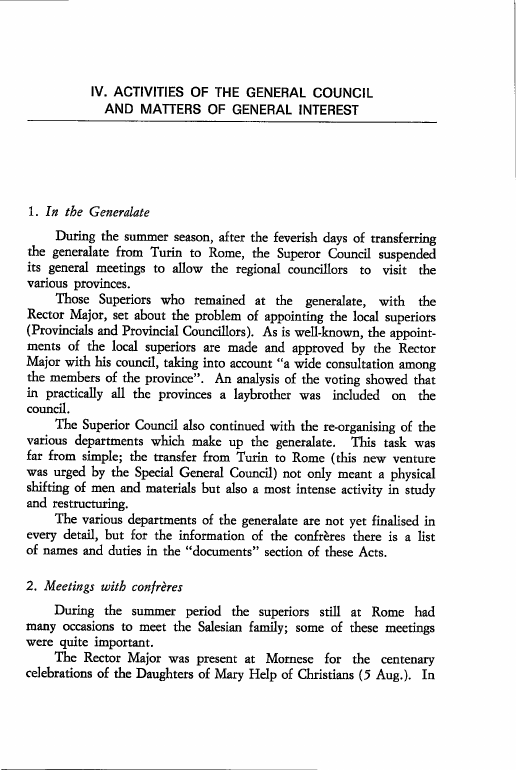
 |
4.8 Page 38 |
▲back to top |

 |
4.9 Page 39 |
▲back to top |

 |
4.10 Page 40 |
▲back to top |

 |
5 Pages 41-50 |
▲back to top |
 |
5.1 Page 41 |
▲back to top |
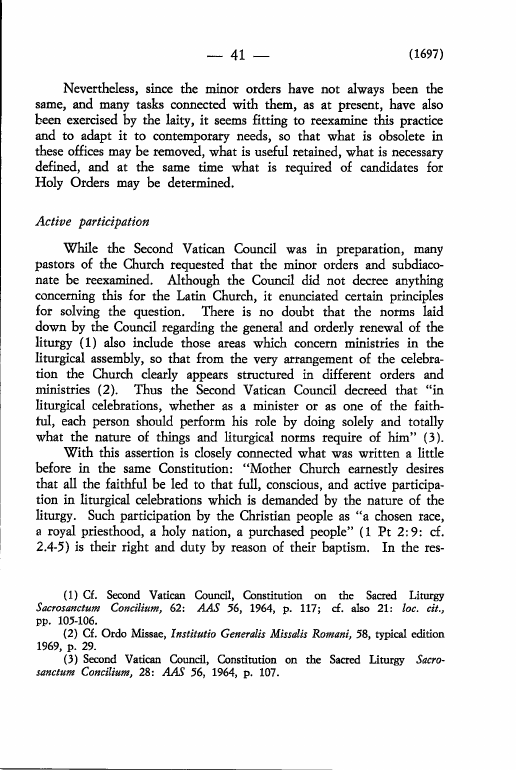
 |
5.2 Page 42 |
▲back to top |
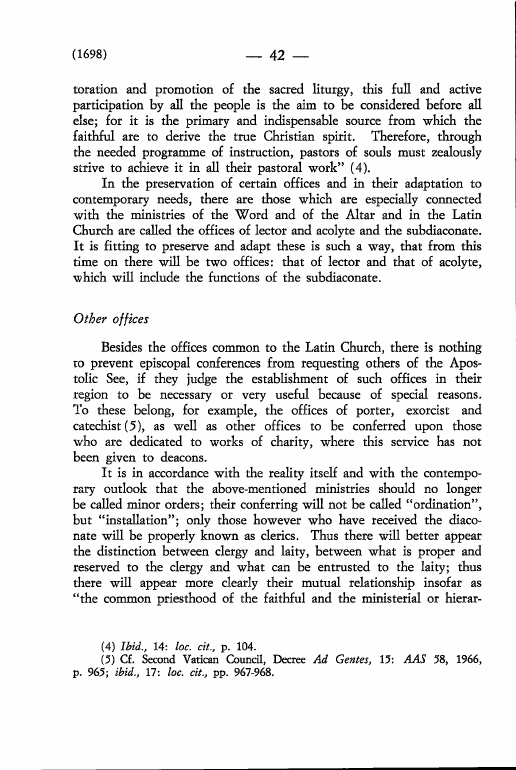
 |
5.3 Page 43 |
▲back to top |

 |
5.4 Page 44 |
▲back to top |

 |
5.5 Page 45 |
▲back to top |

 |
5.6 Page 46 |
▲back to top |

 |
5.7 Page 47 |
▲back to top |

 |
5.8 Page 48 |
▲back to top |

 |
5.9 Page 49 |
▲back to top |

 |
5.10 Page 50 |
▲back to top |
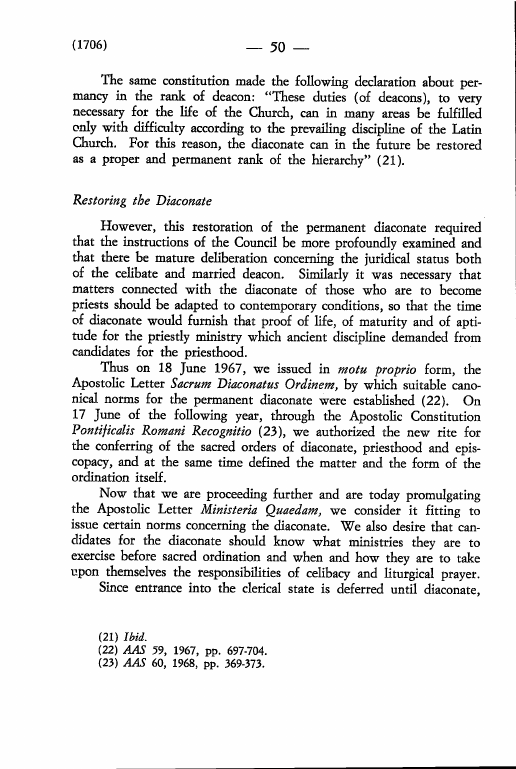
 |
6 Pages 51-60 |
▲back to top |
 |
6.1 Page 51 |
▲back to top |

 |
6.2 Page 52 |
▲back to top |
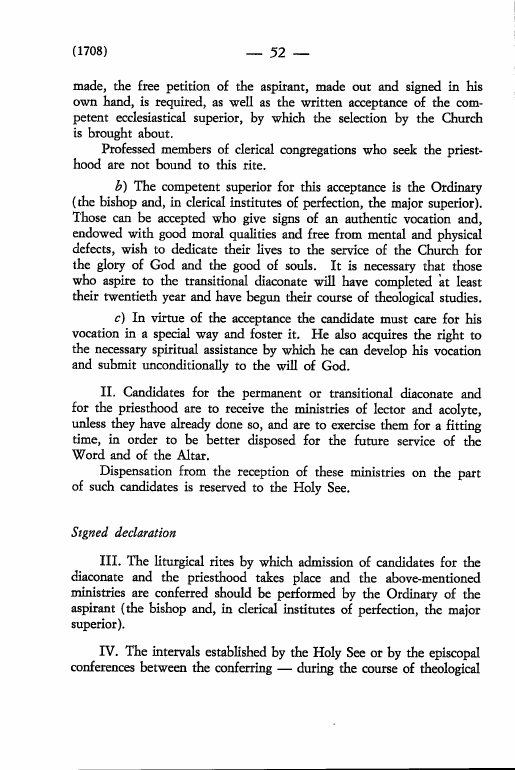
 |
6.3 Page 53 |
▲back to top |
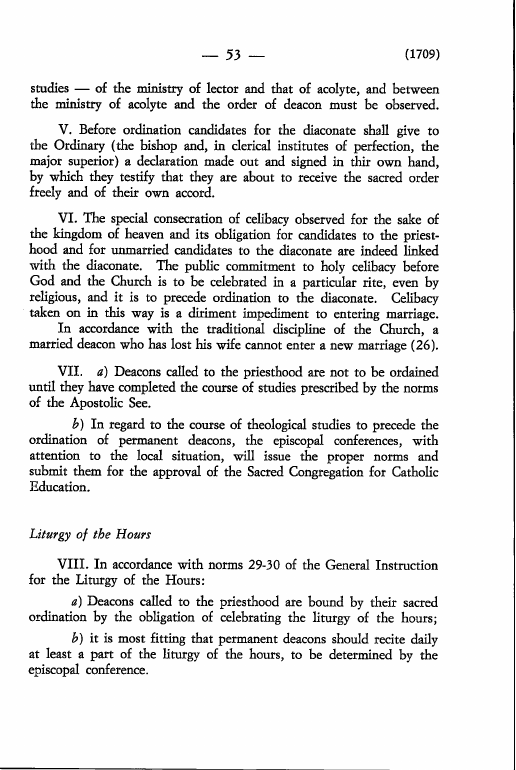
 |
6.4 Page 54 |
▲back to top |
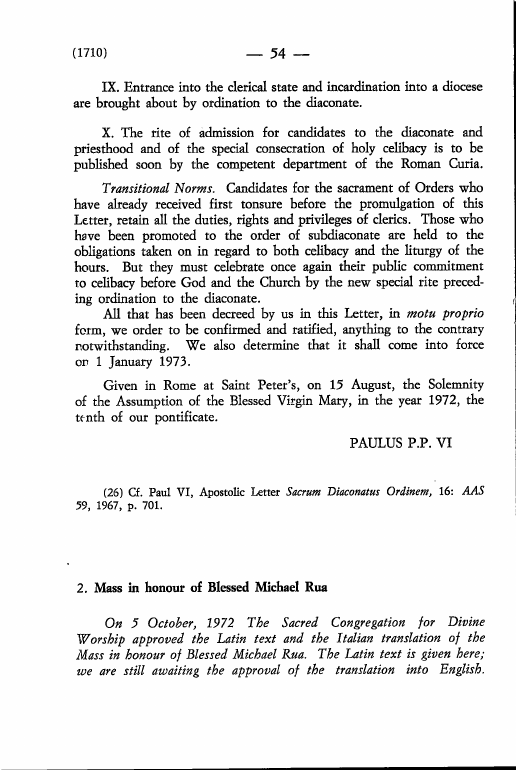
 |
6.5 Page 55 |
▲back to top |

 |
6.6 Page 56 |
▲back to top |

 |
6.7 Page 57 |
▲back to top |
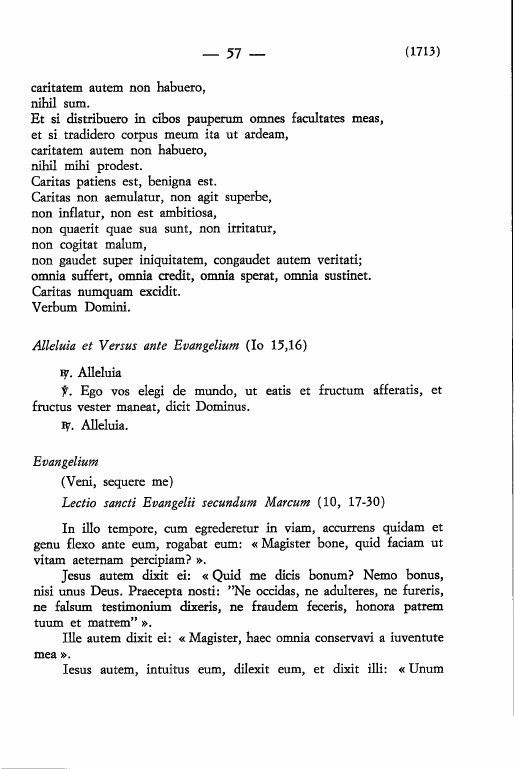
 |
6.8 Page 58 |
▲back to top |

 |
6.9 Page 59 |
▲back to top |
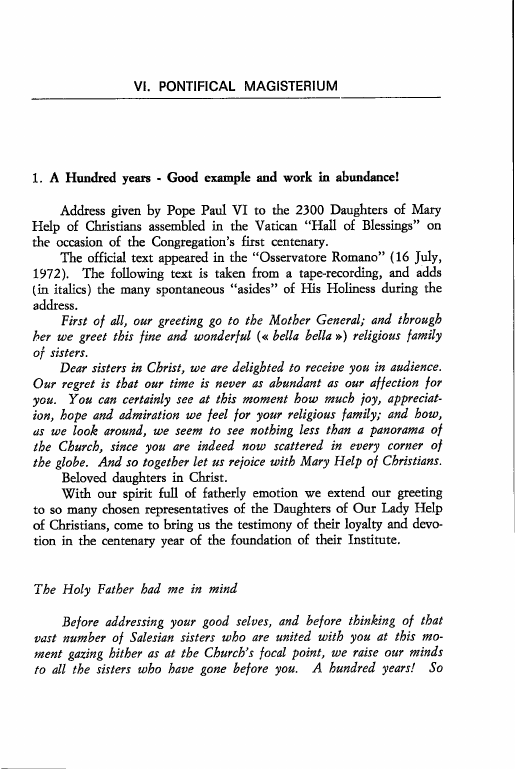
 |
6.10 Page 60 |
▲back to top |

 |
7 Pages 61-70 |
▲back to top |
 |
7.1 Page 61 |
▲back to top |

 |
7.2 Page 62 |
▲back to top |
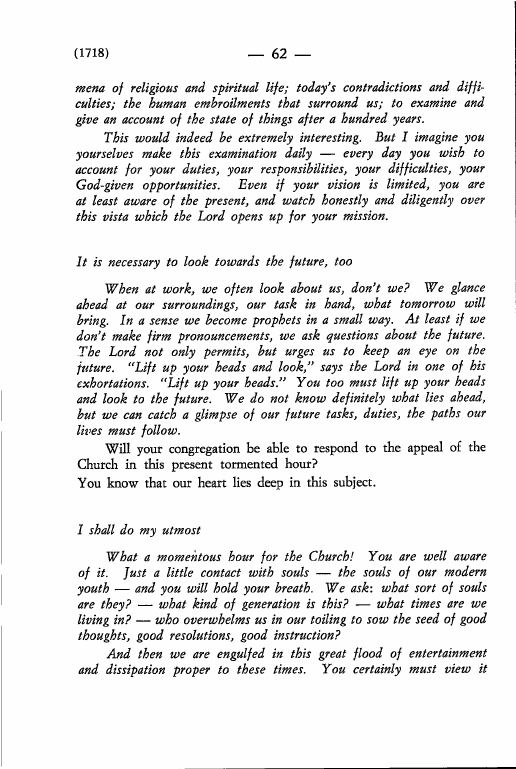
 |
7.3 Page 63 |
▲back to top |

 |
7.4 Page 64 |
▲back to top |

 |
7.5 Page 65 |
▲back to top |
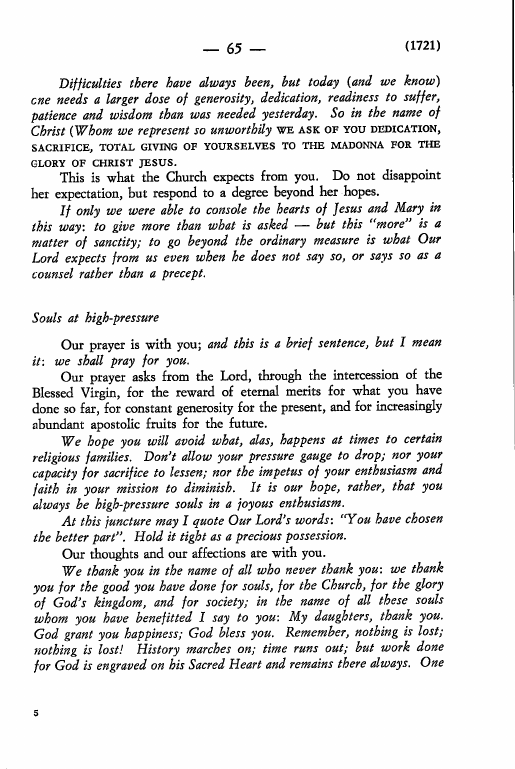
 |
7.6 Page 66 |
▲back to top |

 |
7.7 Page 67 |
▲back to top |
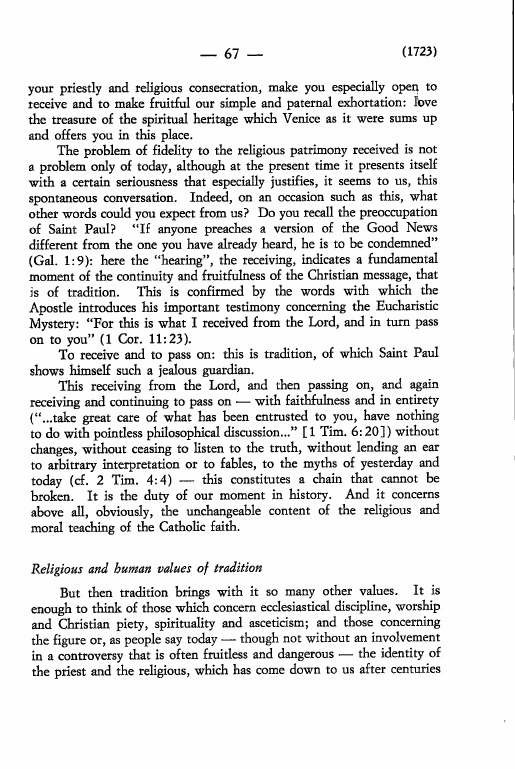
 |
7.8 Page 68 |
▲back to top |

 |
7.9 Page 69 |
▲back to top |
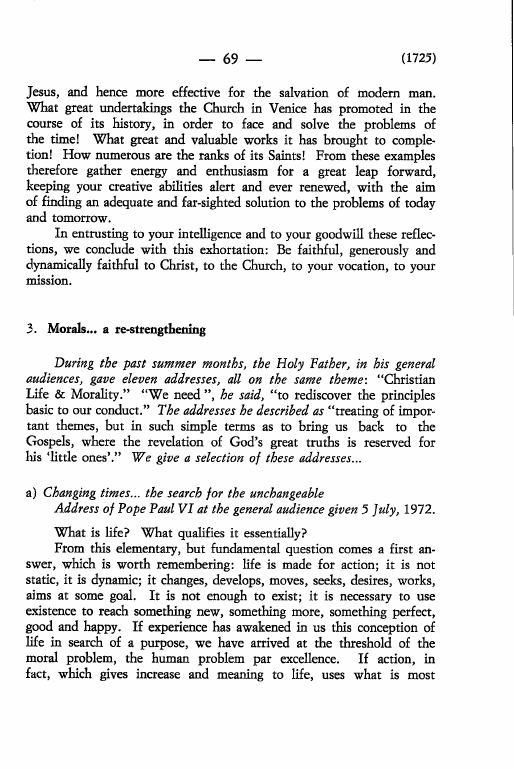
 |
7.10 Page 70 |
▲back to top |

 |
8 Pages 71-80 |
▲back to top |
 |
8.1 Page 71 |
▲back to top |
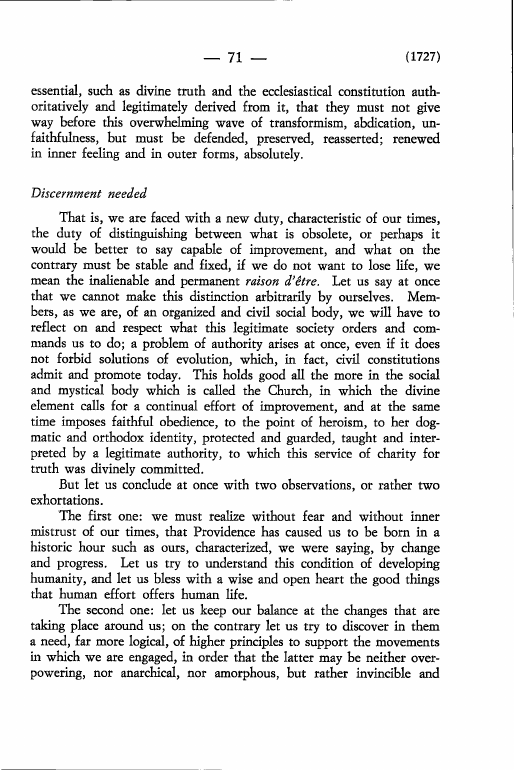
 |
8.2 Page 72 |
▲back to top |
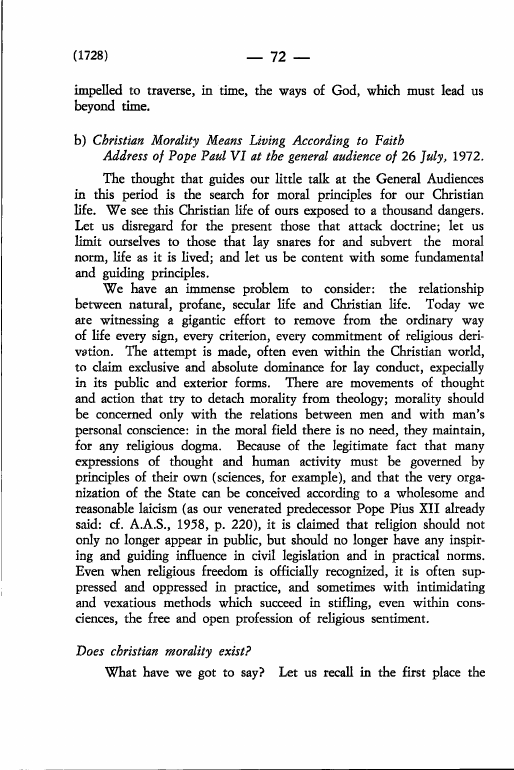
 |
8.3 Page 73 |
▲back to top |

 |
8.4 Page 74 |
▲back to top |

 |
8.5 Page 75 |
▲back to top |
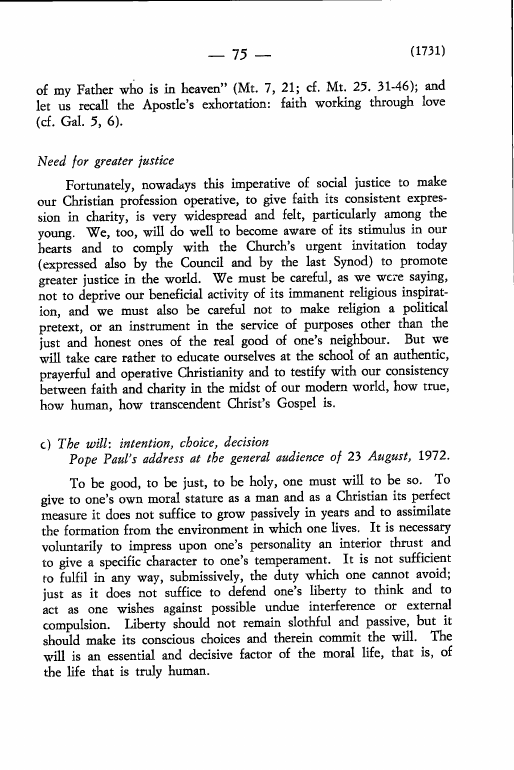
 |
8.6 Page 76 |
▲back to top |
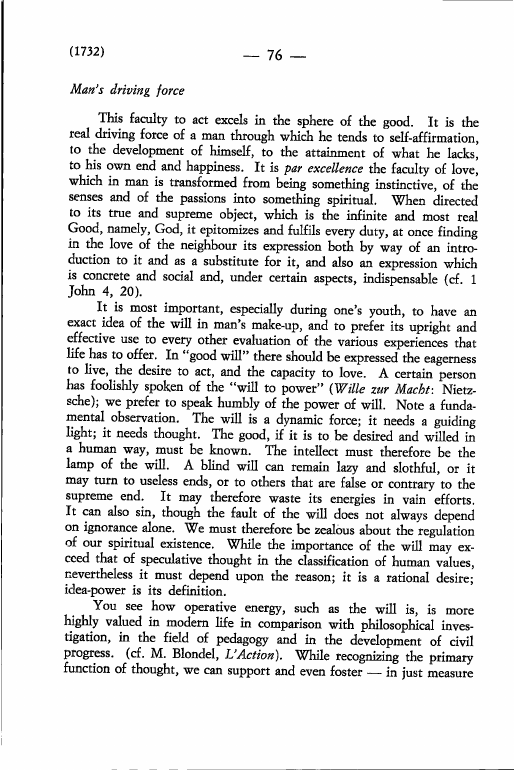
 |
8.7 Page 77 |
▲back to top |

 |
8.8 Page 78 |
▲back to top |
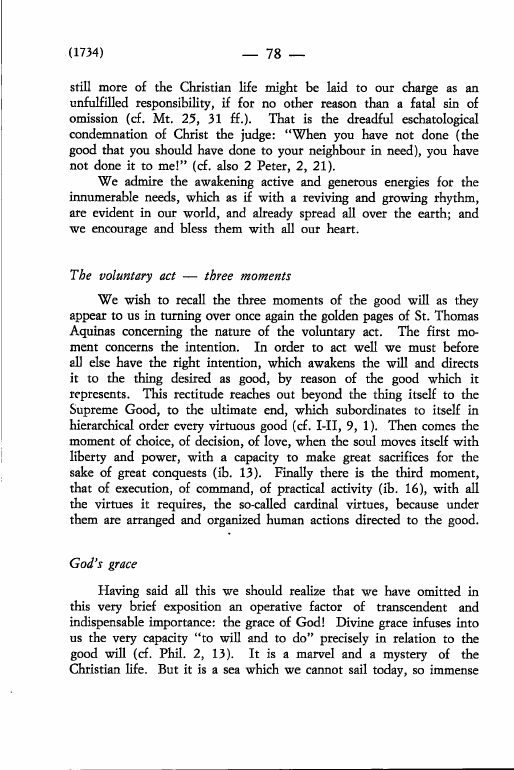
 |
8.9 Page 79 |
▲back to top |

 |
8.10 Page 80 |
▲back to top |
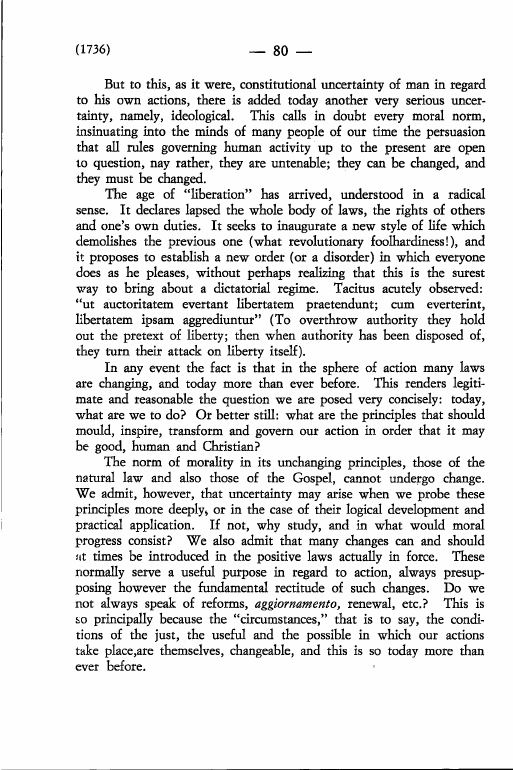
 |
9 Pages 81-90 |
▲back to top |
 |
9.1 Page 81 |
▲back to top |

 |
9.2 Page 82 |
▲back to top |

 |
9.3 Page 83 |
▲back to top |
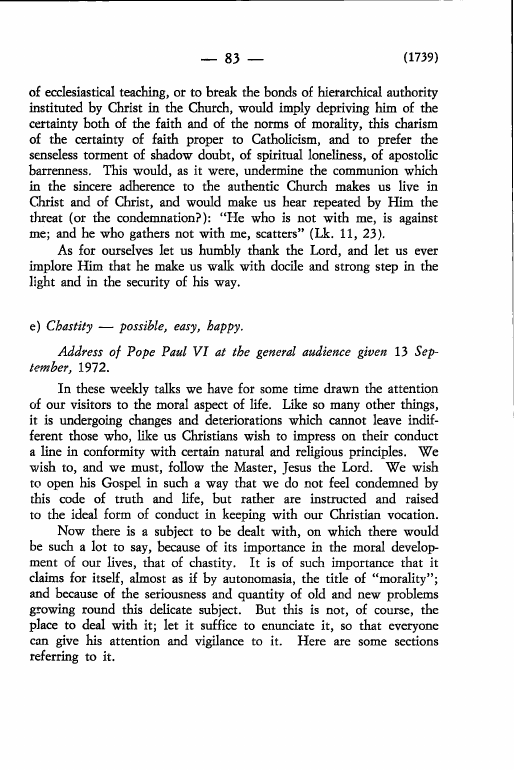
 |
9.4 Page 84 |
▲back to top |
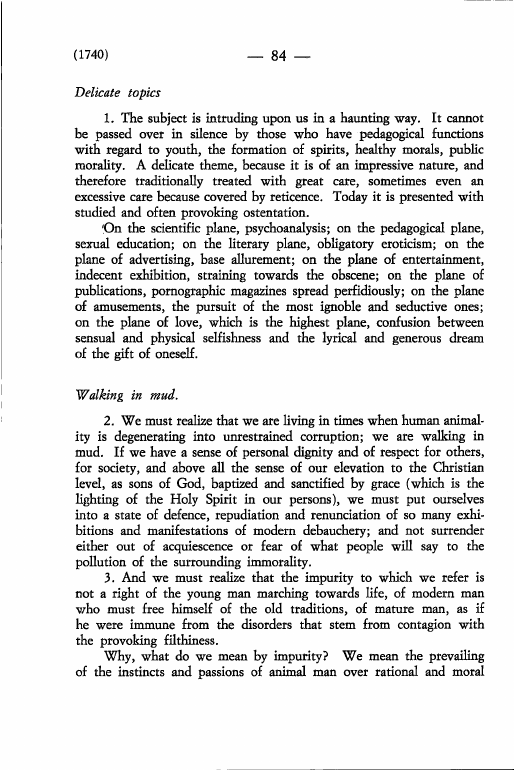
 |
9.5 Page 85 |
▲back to top |

 |
9.6 Page 86 |
▲back to top |

 |
9.7 Page 87 |
▲back to top |

 |
9.8 Page 88 |
▲back to top |
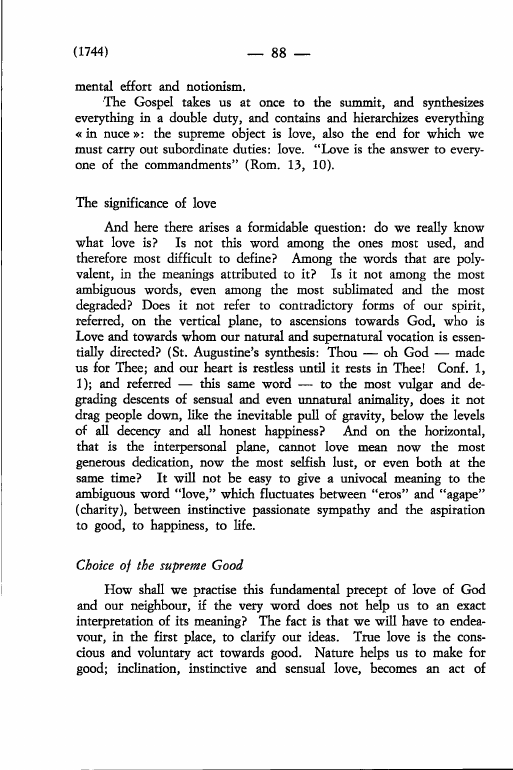
 |
9.9 Page 89 |
▲back to top |
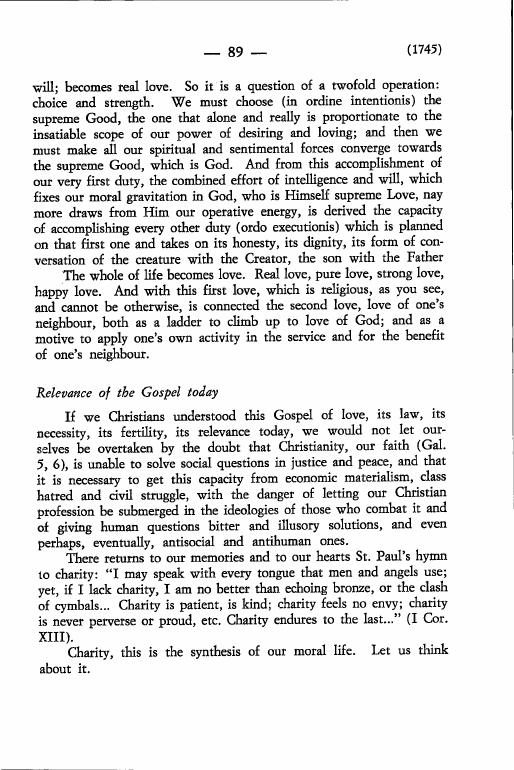
 |
9.10 Page 90 |
▲back to top |

 |
10 Pages 91-100 |
▲back to top |
 |
10.1 Page 91 |
▲back to top |

 |
10.2 Page 92 |
▲back to top |
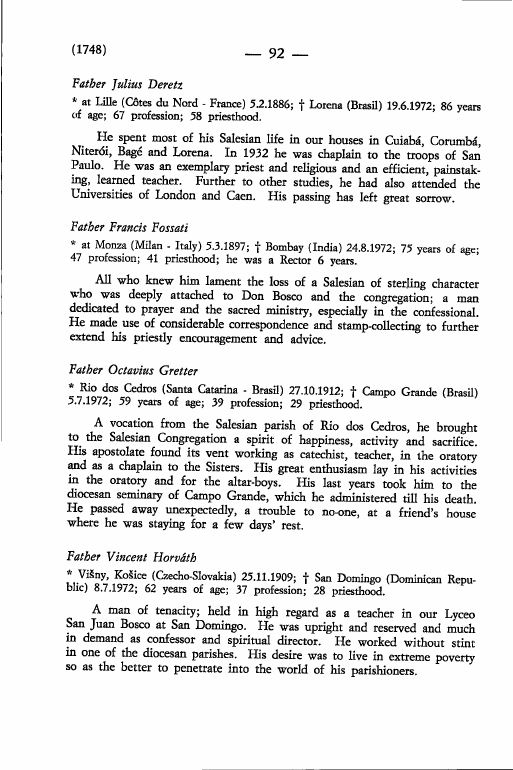
 |
10.3 Page 93 |
▲back to top |

 |
10.4 Page 94 |
▲back to top |
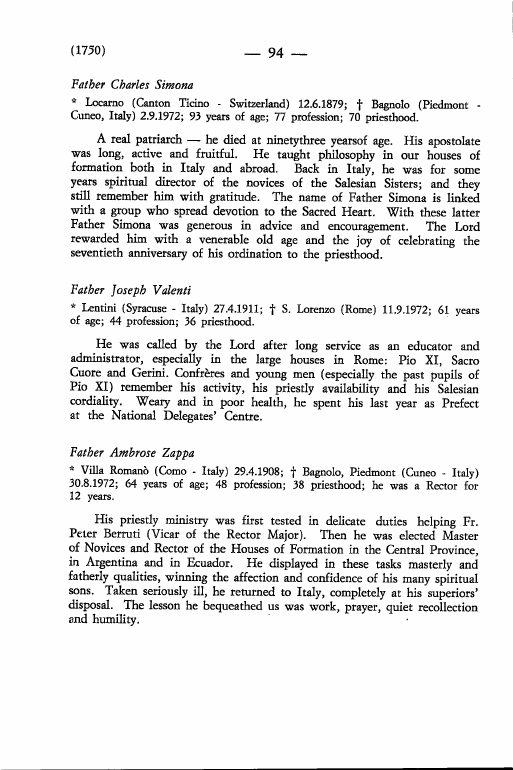
 |
10.5 Page 95 |
▲back to top |

 |
10.6 Page 96 |
▲back to top |
